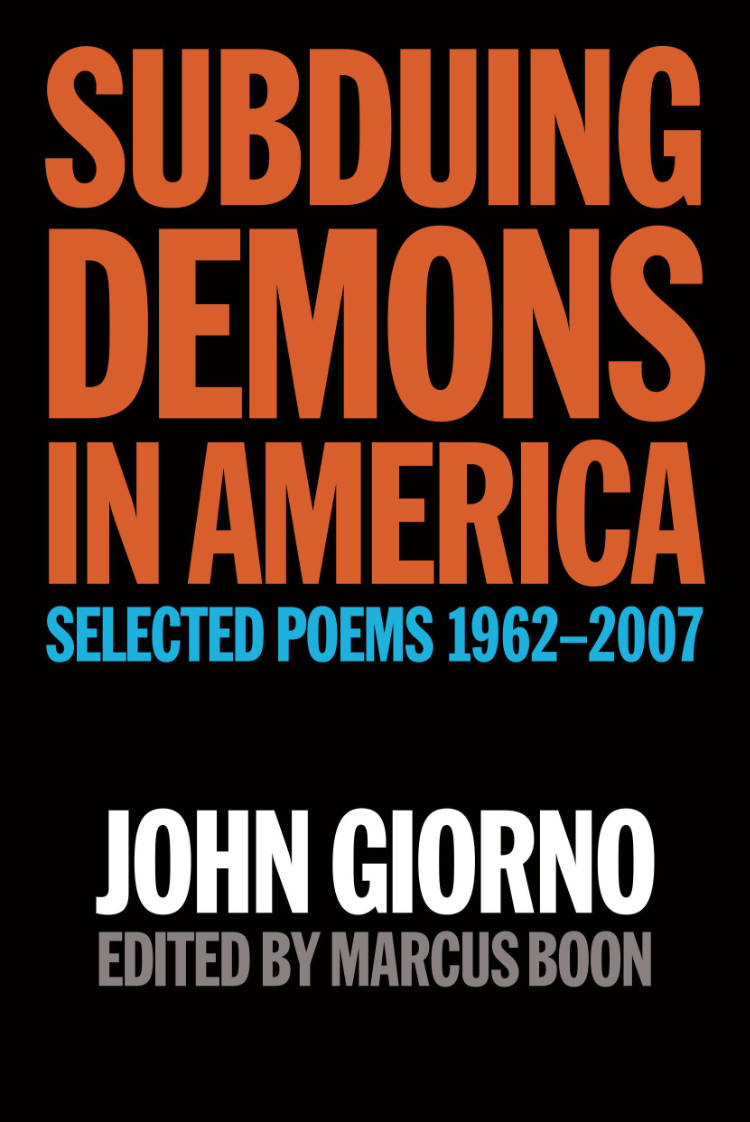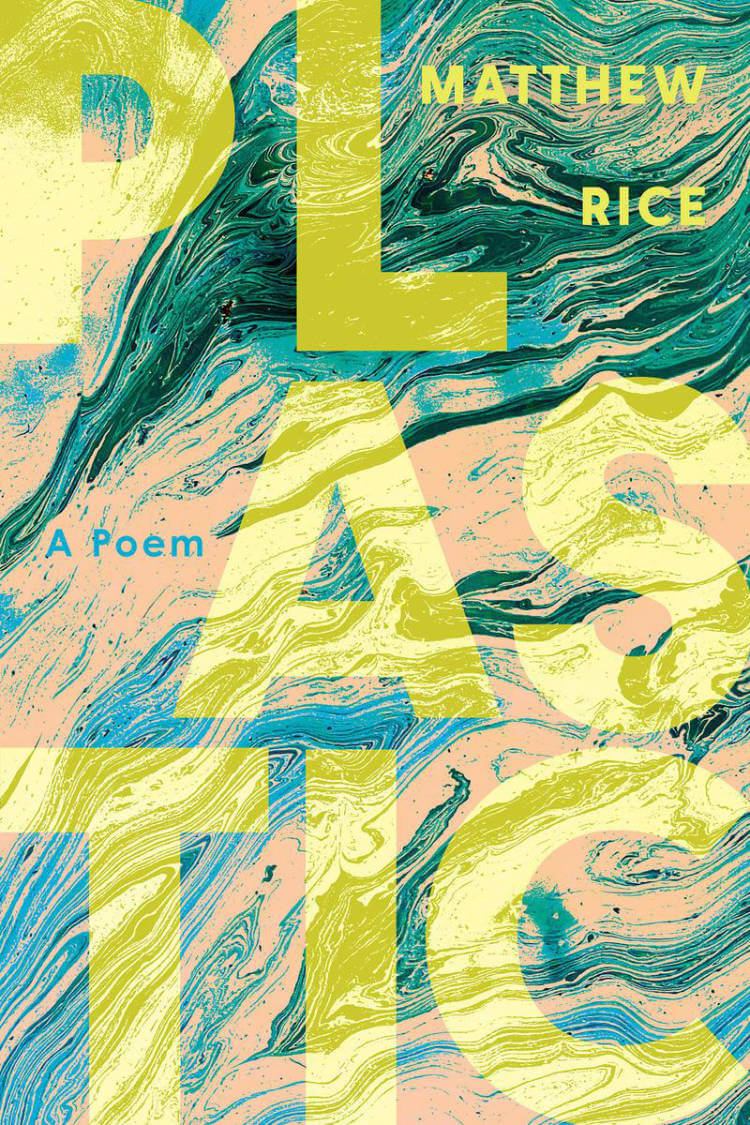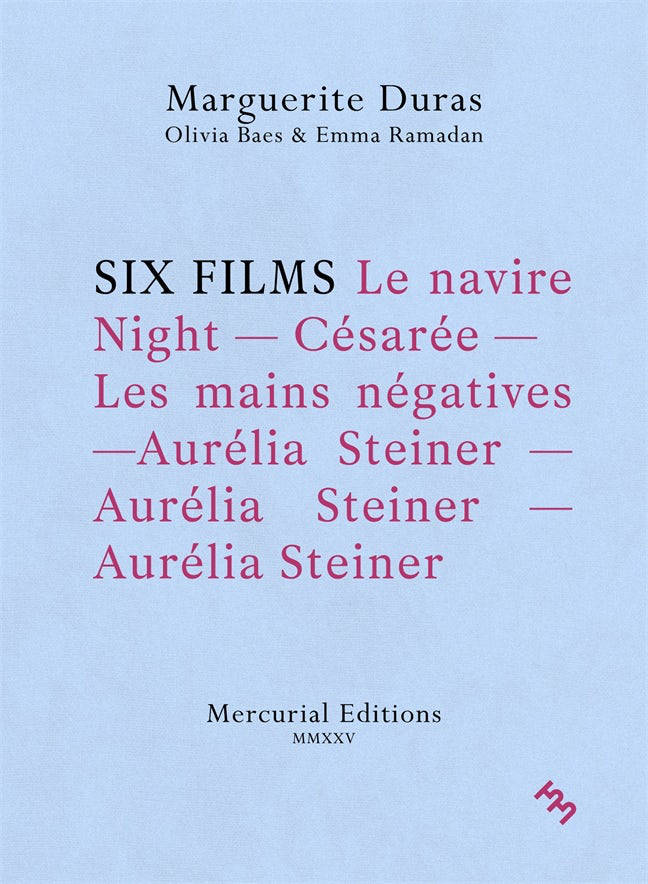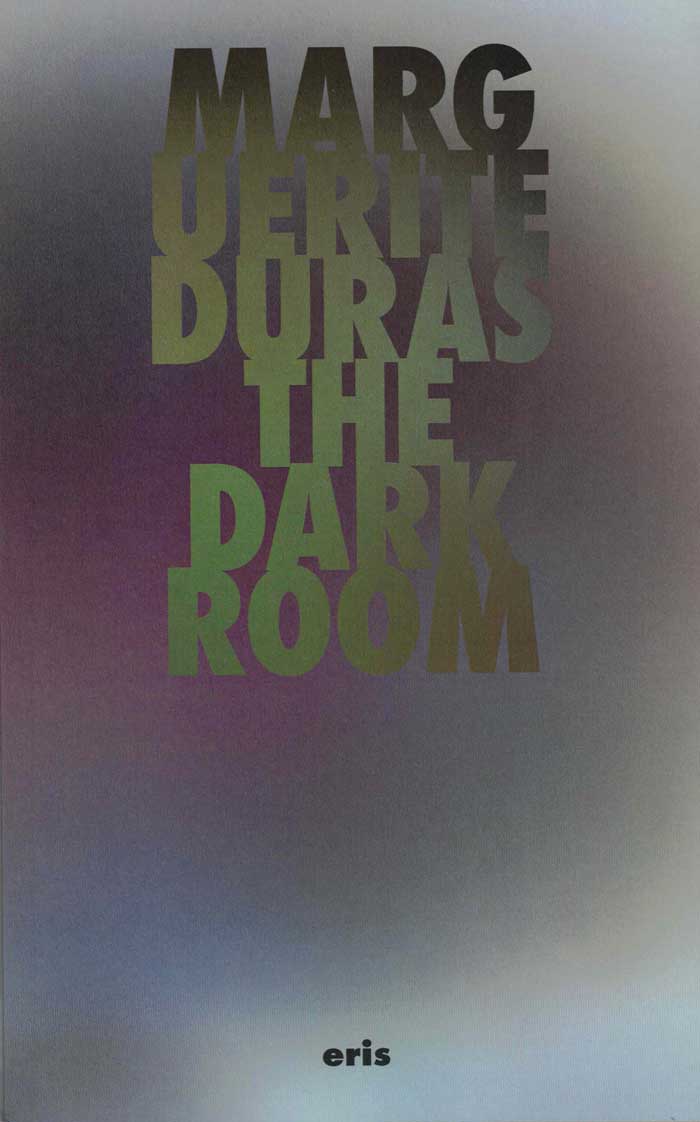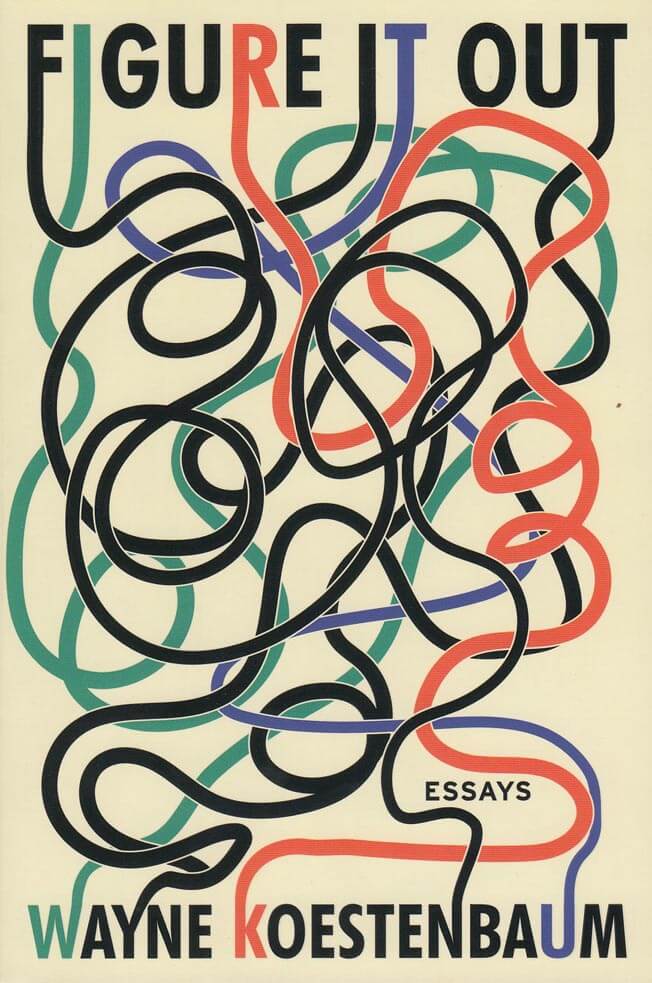
Figure It Out
'Toward what goal do I aspire, ever, but collision? Always accident, concussion, bodies butting together. By collision I also mean metaphor and metonymy: operations of slide and slip and transfuse.' In his new nonfiction collection, poet, artist, critic, novelist, and performer Wayne Koestenbaum enacts twenty-six ecstatic collisions between his mind and the world. A subway passenger's leather bracelet prompts musings on the German word for stranger; Montaigne leads to the memory of a fourth-grade friend's stinky feet.
Koestenbaum dreams about a hand job from John Ashbery, swims next to Nicole Kidman, reclaims Robert Rauschenberg's squeegee, and apotheosizes Marguerite Duras as a destroyer of sentences. He directly proposes assignments to readers: Buy a one-dollar cactus, and start anthropomorphizing it. Call it Sabrina. Describe an ungenerous or unkind act you have committed. Find in every orgasm an encyclopedic richness. Reimagine doing the laundry as having an orgasm, and reinterpret orgasm as not a tiny experience, temporally limited, occurring in a single human body, but as an experience that somehow touches on all of human history. Figure It Out is both a guidebook for, and the embodiment of, the practices of pleasure, attentiveness, art, and play.
May 2020
Language: English

